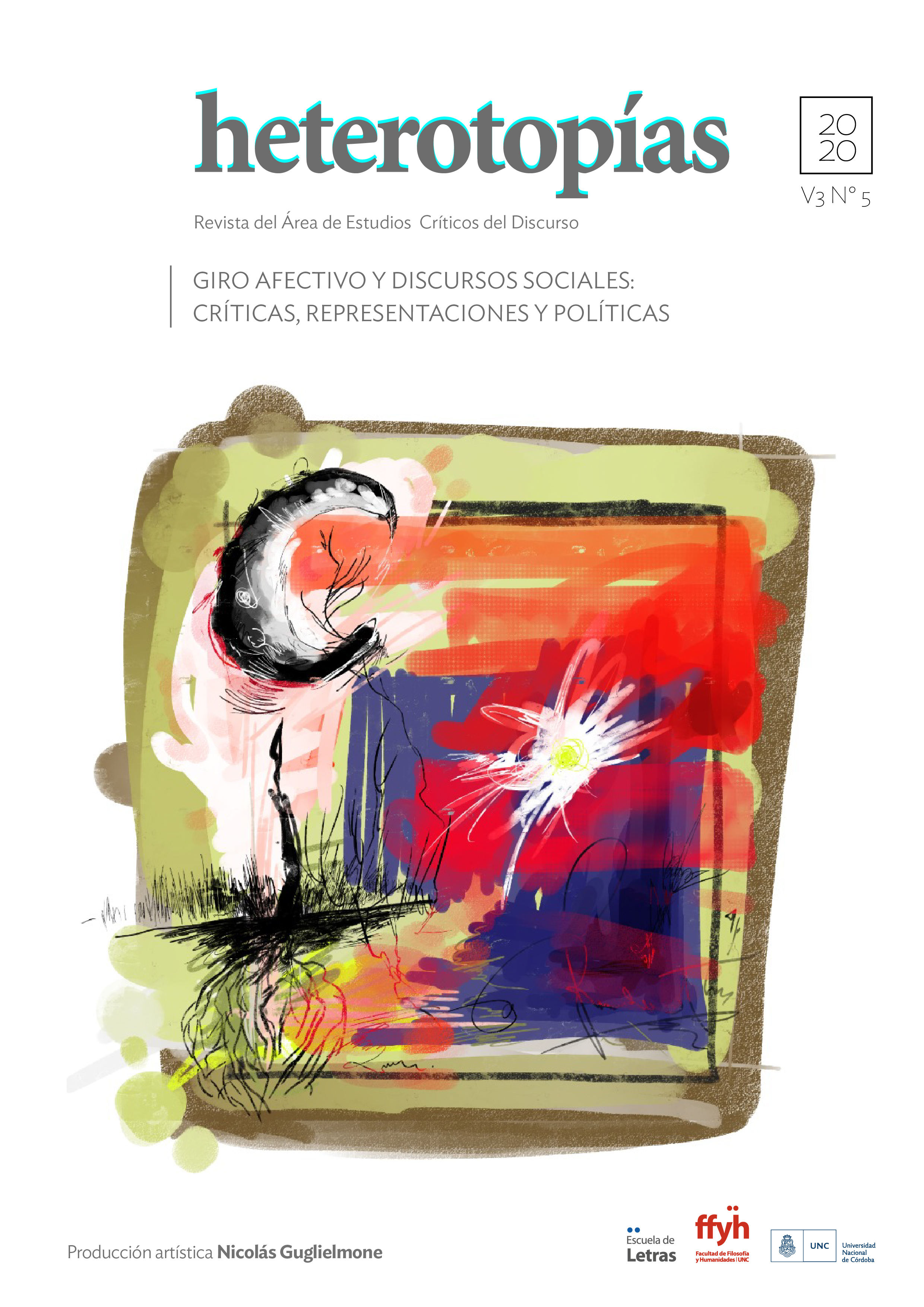University outreach and other forms of social partnership as sources of learning to transform universities
Main Article Content
Abstract
This article argues that the actions that are increasingly carried out by the secretariats, or pro-rectories, of social outreach of Latin American universities, as well as the various modalities of social partnership practiced by numerous university teams in an articulated way with their teaching and / or research, not only contribute to improving the quality of these other university functions, but also that these institutions carry out useful learning to transform themselves permanently, ensuring that their work is pertinent and relevant to the societies of which they are part, thus preventing them from accruing ivory towers, as they have frequently been criticized. This argument is supported by the results of the development of two lines of research. One of them carried out between 2011 and 2013, with the collaboration of the chairs of over than 200 university social outreach experiences and other modalities of social partnership developed by teams from 39 Argentine public universities with communities and social organizations. The other is a line of research and action, started in 2004 and still ongoing, dedicated to studying the relationships between higher education institutions and communities of indigenous and Afro-descendant peoples in Latin America, aimed at formulating policy recommendations and institutional transformations that guarantee the rights of these peoples and contribute to improving the academic quality of these institutions.
Downloads
Article Details

This work is licensed under a Creative Commons Attribution-NonCommercial-ShareAlike 4.0 International License.
Those authors who have publications with this journal, accept the following terms: Those authors who have publications with this journal, accept the following terms:
a. The authors will keep their copyright and guarantee to the journal the right of first publication of their work, which will be simultaneously subject to the Creative Commons Attribution - Non-Commercial - Share Alike (by-nc-sa) Attribution License; no commercial use of the original work or any derivative works is allowed, the distribution of which must be done with a license equal to the one that regulates the original work.
b. Authors may adopt other non-exclusive license agreements for the distribution of the published version of the work (e.g., deposit it in an institutional telematic archive or publish it in a monographic volume) provided that the initial publication in this journal is indicated.
c. Authors are allowed and recommended to disseminate their work through the Internet (e.g. in institutional telematic archives or on their website) before and during the submission process, which may lead to interesting exchanges and increase the number of citations of the published work. (See The effect of open access).
How to Cite
References
Mato, D. (2008). No hay saber “universal”, la colaboración intercultural es imprescindible. Alteridades, 18(35), 101-116.
Mato, D. (2012). Heterogeneidad social e institucional, interculturalidad y comunicación intercultural. MATRIZes, 6(1), 43-61.
Mato, D. (2013a). Aprendizajes de equipos universitarios en experiencias de colaboración con comunidades y organizaciones sociales, realizadas con apoyo del Programa de Voluntariado Universitario de Argentina, en 2008. Apuntes. Revista de Ciencias Sociales, 40(72), 33-56.
Mato, D. (2013b). Contribución de experiencias de vinculación social de las universidades al mejoramiento de la calidad académica y factores que limitan su desarrollo y valoración institucional. Revista Avaliação: Revista da Avaliação da Educação Superior, 18(1), 151-180.
Mato, D. (2015). Vinculación social universitaria en Argentina. Diversidad de orientaciones de trabajo, logros y dificultades de las experiencias apoyadas por el Programa Nacional de Voluntariado Universitario. CPU-e, Revista de Investigación Educativa, 20, 132 - 149.
Mato, D. (2016). Educación Superior y Pueblos Indígenas en América Latina: Del “Diálogo de Saberes” a la construcción de modalidades sostenibles de “Colaboración Intercultural”. Tramas/Maepova, 4(2), 71-94
Mato, D. (2018). Repensar y transformar las universidades desde su articulación y compromiso con las sociedades de las que forman parte. +E: Revista de Extensión Universitaria, 8(9), 38-52.
